American-born Lyonel Feininger (1871-1956) was an illustrator and cartoonist active in Germany who in 1907 gave up his commercial work and rose to prominence as an artist who exhibited with the expressionists. Much of his formal work was heavily influenced by cubism, to which he was exposed in Paris in 1911. His resulting “prismatic” style was applied most frequently to architectural subjects—in 1919, Walter Gropius chose Feininger as his first appointment to the teaching staff of the Weimar Bauhaus—but also to figures and seascapes. Though best known for his drawings and watercolors, Feininger took up photography at the age of 57, going out at night to experiment with avant-garde photographic techniques. A selection of his rarely seen photographs, along with drawings and watercolors, will be on display from March 30 to June 2 at the Sackler Museum, and an online collection of his photographic works is accessible at www.harvardartmuseums.org/feiningerphotographs.
Lyonel Feininger's photography displayed at Harvard
Lyonel Feininger's photography displayed at Harvard
Displaying a fascinating body of work
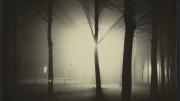
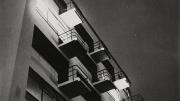
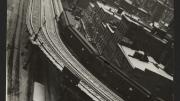
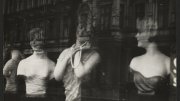
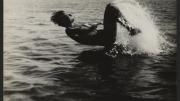
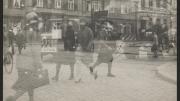
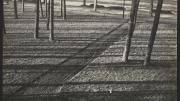
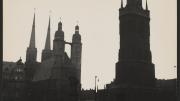
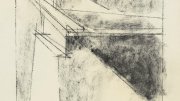
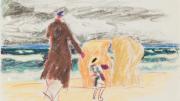
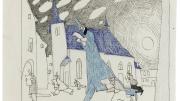
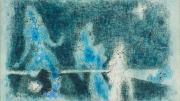
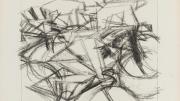
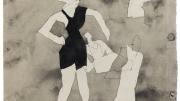
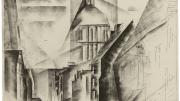
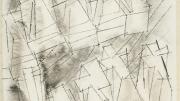
You might also like
Harvard’s Hasty Pudding Honors Rose Byrne
The Bridesmaids actress celebrated her 2026 Woman of the Year Award with a roast and a parade.
Harvard’s Hasty Pudding Toasts, Roasts Michael Keaton
The Batman actor was “encouraged as hell” by the students around him during the 2026 Man of the Year festivities.
How a Harvard and Lesley Group Broke Choir Singing Wide Open
Cambridge Common Voices draws on principles of universal design.
Most popular
Explore More From Current Issue

How a Harvard and Lesley Group Broke Choir Singing Wide Open
Cambridge Common Voices draws on principles of universal design.

The Enterprise Research Campus in Allston Nears Completion
A hotel, restaurants, and other retail establishments are open or on the way.





